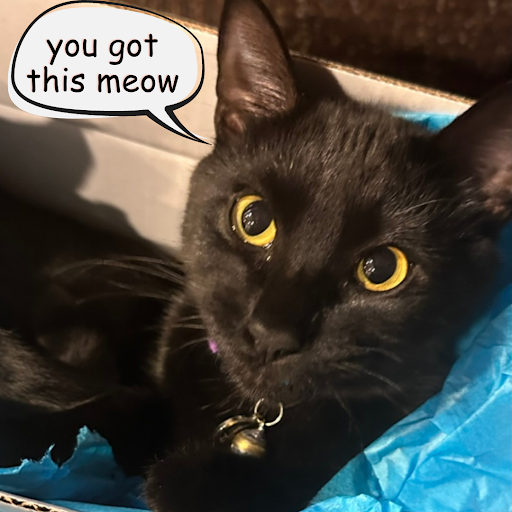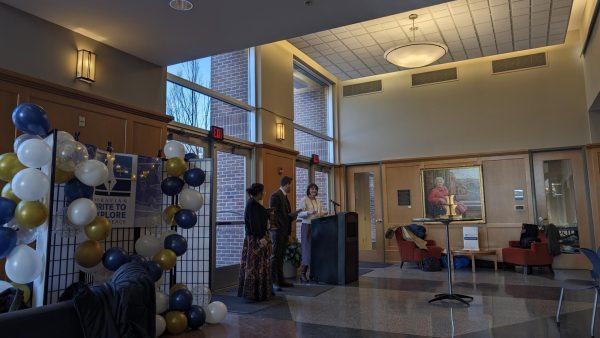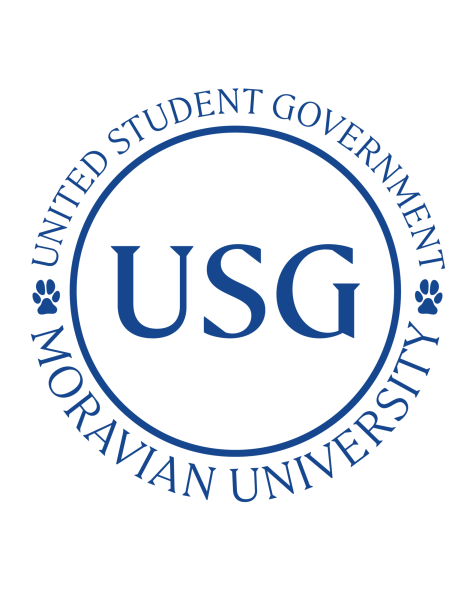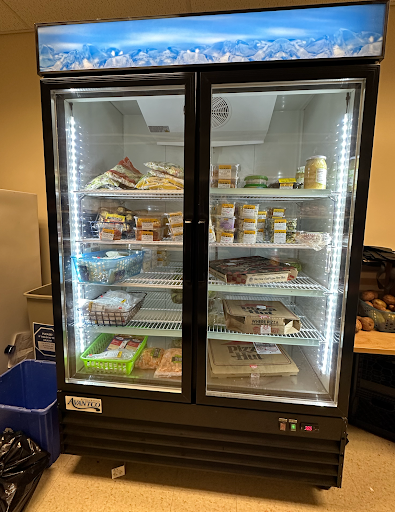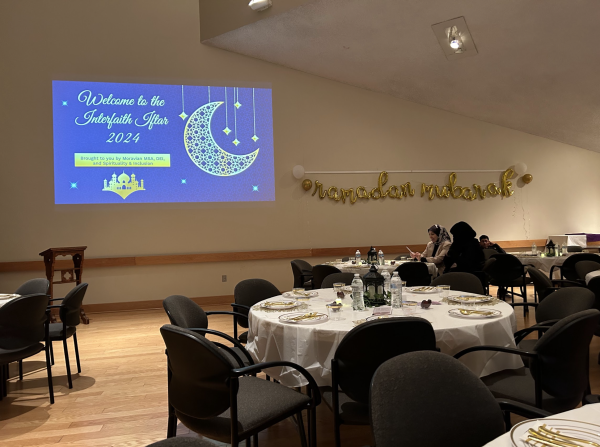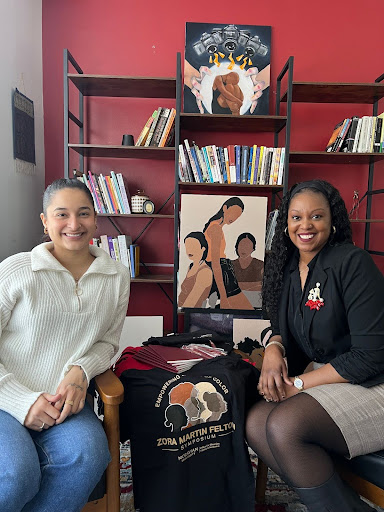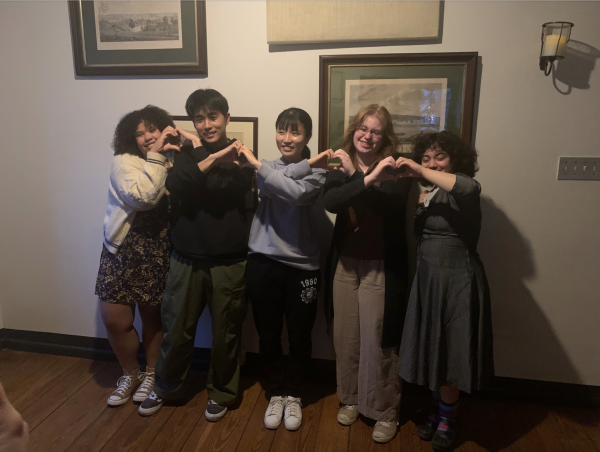The Annual Janet A. Sipple Lecture Addresses the Opioid Crisis
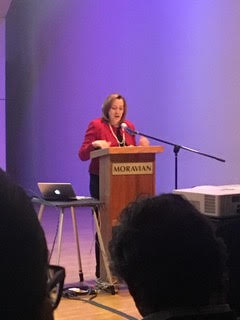
Photo By Alexa Hromyak
On Oct. 25, Moravian College hosted the annual Janet A. Sipple Lecture, which focused on the opioid epidemic from a nurse’s perspective.
The Sipple Lecture is held every year in honor of Janet A. Sipple, Ed.D., R.N., the founding chair of the College’s Helen S. Breidegam School of Nursing. The lecture honors her contributions to the College and seeks to inform the students of Moravian College and residents of the Bethlehem area about issues of international health care, public health leadership, and global community service.
Lori Hoffman, Ph.D., R.N., associate professor and director of the Moravian’s master of science in nursing (MSN) program recalls how, every year, this event brings together the Moravian community, as well as other stakeholders of healthcare in the region.
“I think it is extremely important that so many college students and community members come together to learn about important issues in healthcare,” Hoffman said. “This year’s topic was especially well-timed, as well as well-attended, in that the issues surrounding opioid addiction have become national crises, and those who are addicted require more diverse, effective care strategies.”
The lecture this year was given by Gail Kaempf, a family nurse practitioner from Villanova University. She received her post-master’s certification from the University of Delaware. Kaempf is a member of the Pennsylvania Coalition of Nurse Practitioners and the American Association of Nurse Practitioners.
For 21 years, she has been working at the University of Pennsylvania Treatment Research Center as a supervisor where she provides medical screenings, treatments visits and referrals. Her research focuses on alcohol, cocaine, nicotine, and multiple different opioid disorders.
During the lecture, Kaempf strived to define opioids and describe how they are used. She discussed the lifesaving drug Narcan, while also addressing the issues surrounding an addicted person’s recovery. Kaempf stressed healthcare professionals’ roles in helping people battle their addictions. She was able to give personal accounts from her experiences, making them more relatable to the professionals and connecting to the students in the audience.


